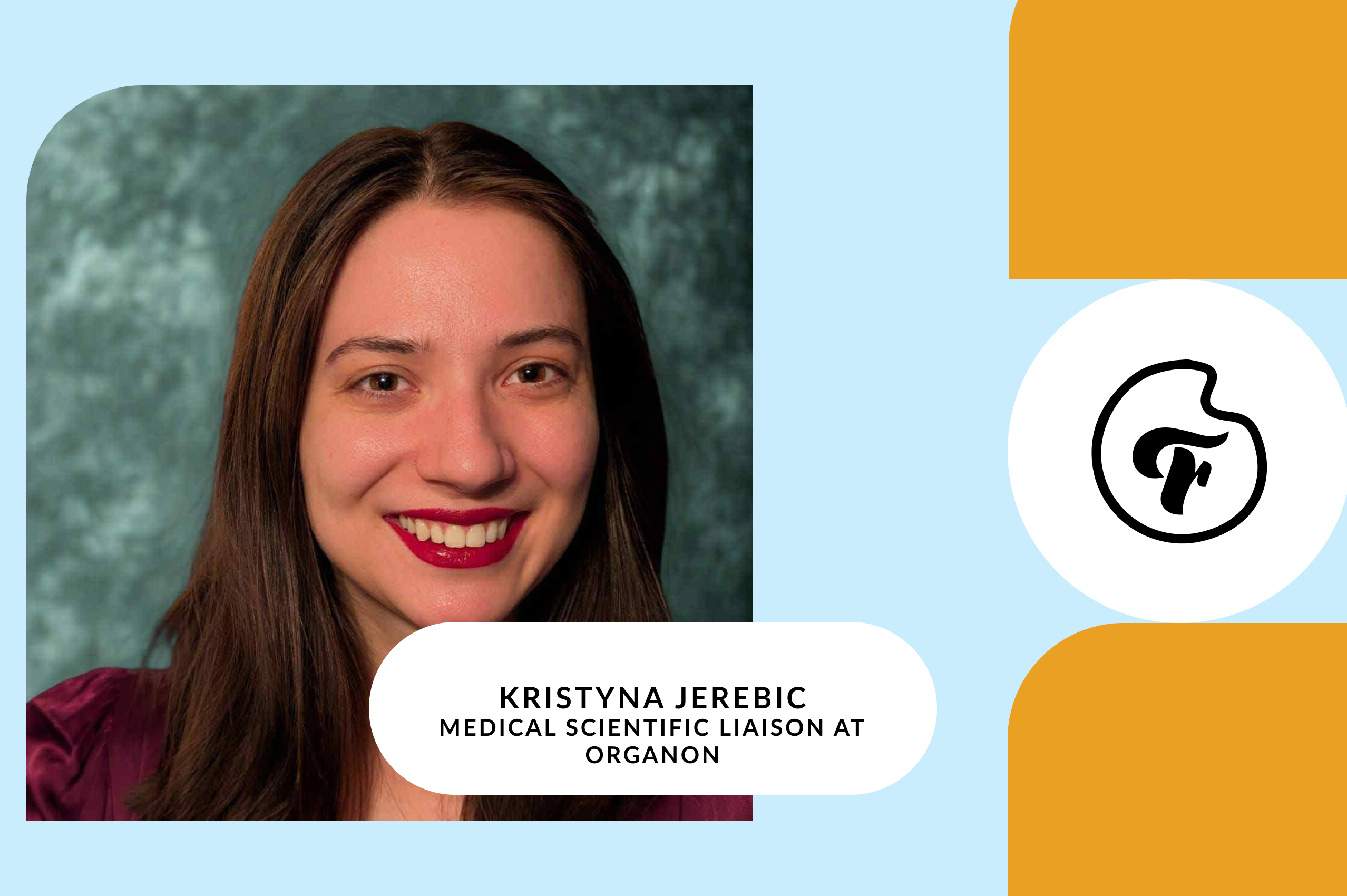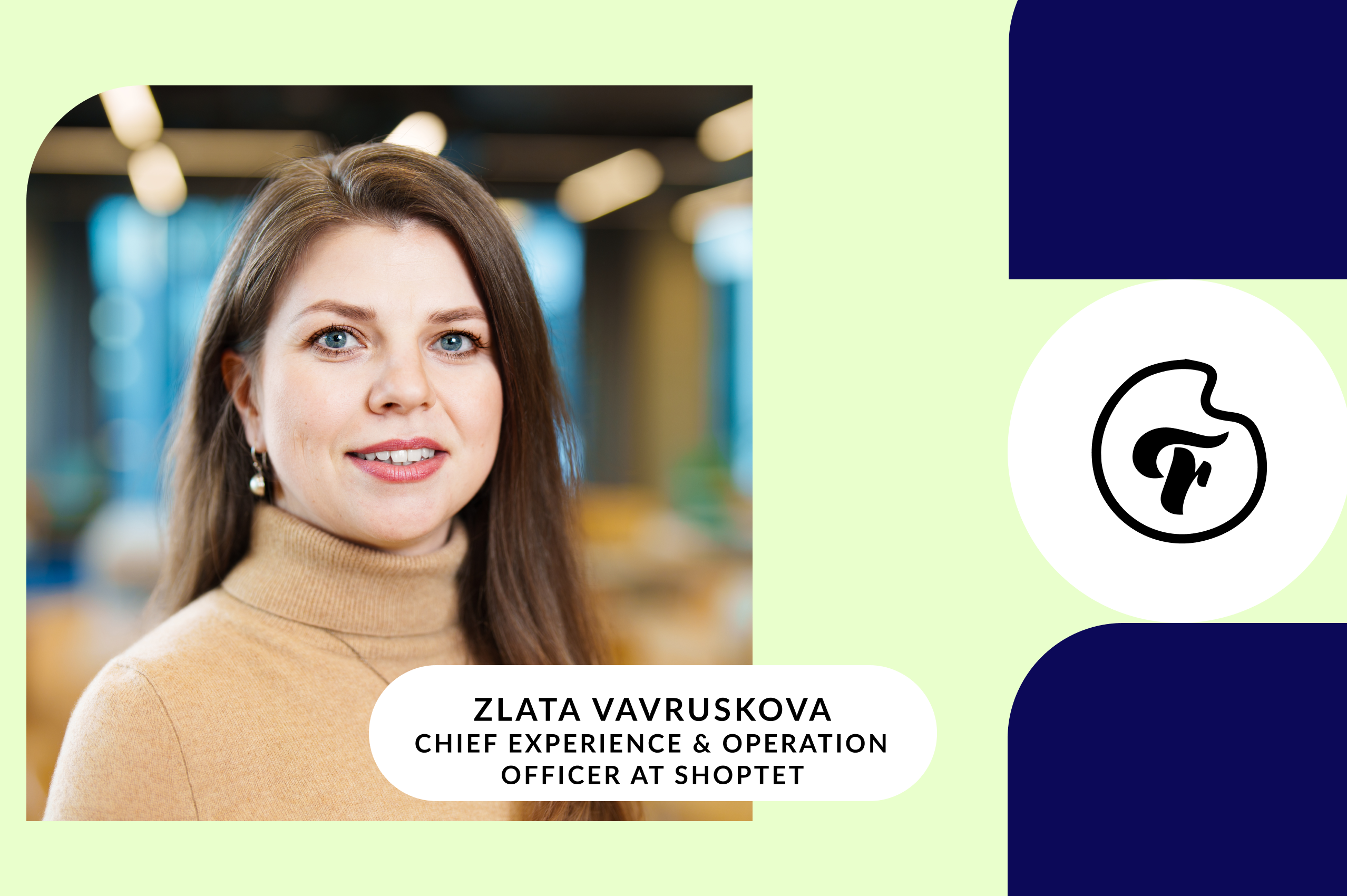
Let me start with a confession: I've been there. I've struggled with imposter syndrome more times than I can count. Just when I thought I had finally built some confidence in my abilities, something small would happen and I would spiral right back down. That self-doubt is relentless.
Over time, I realized that imposter syndrome doesn't come from a single place. It can grow from many roots:
No matter the origin, the feelings are valid. But here’s the good news: imposter syndrome doesn’t have to define your story.
Each of us has the potential to become our own kind of hero. 💥 And just like heroes, we can develop skills – or better yet, superpowers – that help us overcome doubt and step into our strength.
Here are 10 superpowers that helped me – and may help you too:
Everything begins with self-awareness. Ask yourself the Simon Sinek question: "WHY?" Why am I feeling like this? Why do I doubt myself in this situation?
Being aware of what might cause your imposter syndrome is a great start to fight it — once you know what monster (or monsters) you're facing, you're much more equipped to respond.
Think of someone who does not struggle with imposter syndrome – they likely feel grounded, calm, clear about their strengths, and able to accept both their wins and their failures without questioning their worth. You deserve to feel that way too.
After every success (big or small), take time to consciously reflect. What did you need to learn? How much effort did you put in? Who did you have to influence? What obstacles did you overcome?
Forget whether someone else could have done it. You did it. You learned. You grew. That matters. Be proud of yourself.
A trusted mentor can hold up a mirror, offer a reality check, and help you celebrate your progress. They can help you separate facts from feelings – and remind you of how far you've come.
Every evening, take 5 minutes to reflect: what did I do well today? What made me proud? This simple act can rewire your thinking from self-doubt to self-trust.
You can’t truly appreciate who you are if you never spend time with yourself. Prioritize alone-time: go for walks, meditate, read, or do anything that brings you back to you.
Join a community of peers – whether it’s a professional group, course, or Slack channel – where you can safely ask, share and reflect. Safe spaces matter and investing into networking always pays back as you will find people who appreciate you and you can help each other.
Also when you share that you’ve felt like an imposter, others will open up too. Talking about it helps break the cycle.
High standards are great. Perfectionism is not. Stop trying to be a superstar in everything you do. Only superheroes can do everything and perfectly. And even they sometimes mess up. Set your priorities that are aligned to your own dreams and make you happy.
If your first reaction to a compliment is to deflect or downplay – stop. Simply say thank you. Let people compliment your achievements. It will help you grow your confidence. Plus, face it – it can be tiring for somebody to keep giving you kudos that you always downplay. You risk that people stop praising you at some point.
Of course, don’t make mistakes on purpose – but when they happen, try to approach them positively and treat them as learning opportunities. If you're working on a bigger task or project, take time for a short retrospective afterward: what could have gone differently? What can I do next time to avoid this kind of mistake? Building ability to face mistakes and switch them to personal growth will change your life.
This one is hard, I get it – but powerful. Every one of us is unique, with a different life situation, background, pace, and journey. Role models are great, they inspire us and teach us. But always remember: you may just be at a different phase of your career, or have different support at home. Try to switch off the inner voice asking "what will others think?" and instead focus on: what does this mean to me? And if you want feedback, go to people whose opinions really matter to you.


